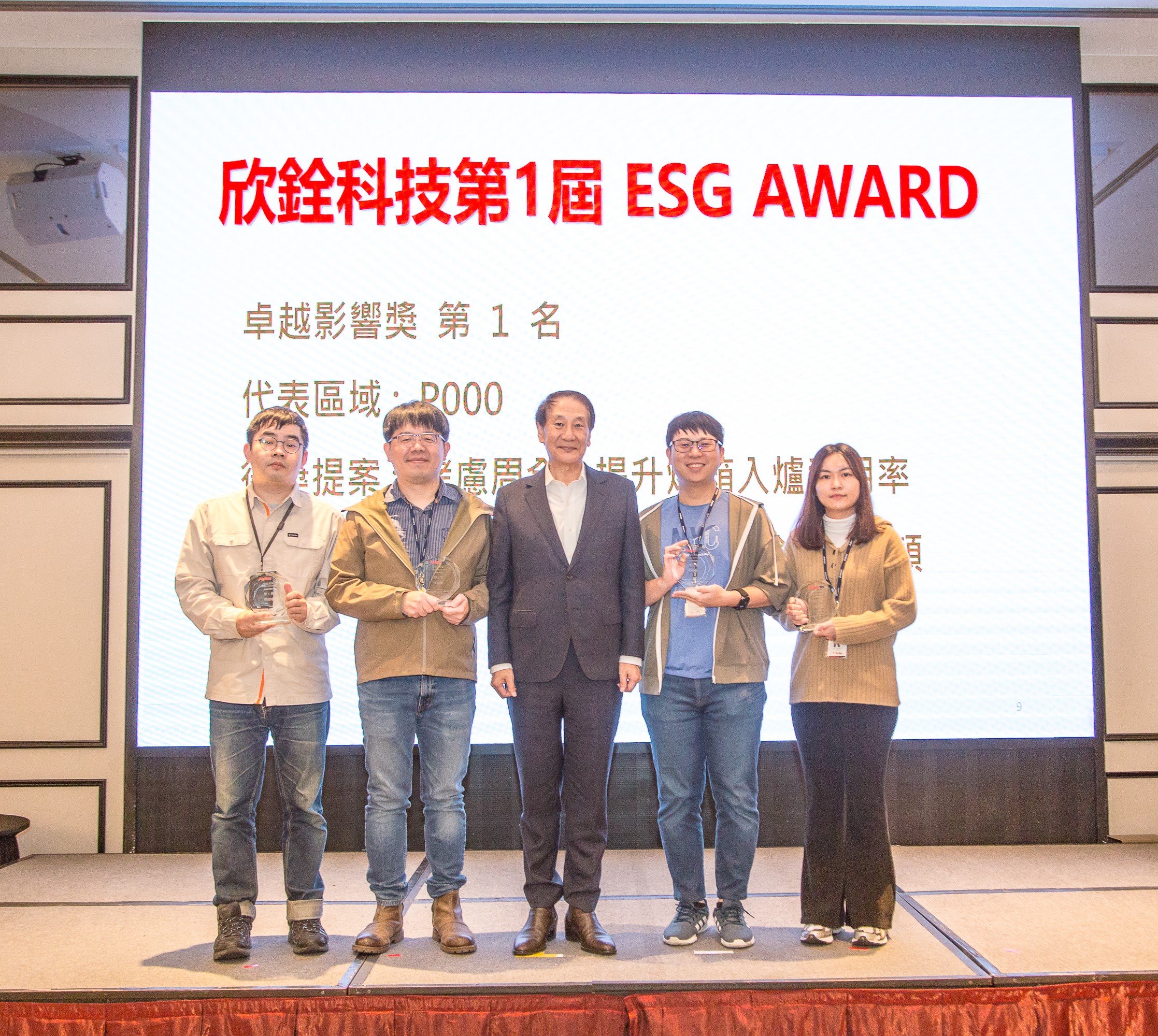|
Carbon Footprint Management |
|
To promote Green Service and Green Manufacturing, testing service carbon footprint verification was conducted, and verified by 3rd party according to ISO 14067 standard to ensure its credibility.
The verification included Wafer Probing Services in Tingshin, Kaiyuan and Paoching sites, as well as Final Testing Service in Gaosheng site. (To see the verification please click here) |
|
|
Energy-Saving Project Highlight
Ardentec is committed to energy conservation in response to the impacts of climate change. In 2024, the Company implemented 87 energy-saving projects, including oven energy efficiency settings, replacement of air conditioning equipment, and continuous upgrades to energy-efficient lighting. These initiatives resulted in a total electricity savings of 6,288,238 kWh, equivalent to 22,635 gigajoules, and reduced greenhouse gas emissions by 3,006 metric tons of CO2 equivalent.
Enhancing Oven Loading Efficiency
Saving Our Own Electricity, by Ourselves.
This project centered on green manufacturing by independently developing management tools to enhance process efficiency. Through big data analysis and continuous tracking, optimization strategies were established to effectively reduce energy loss during production, delivering tangible and measurable benefits.
» Increased batch consolidation to reduce the number of oven operations, improved oven loading rates, and enhanced overall production efficiency.
» Reduced the frequency and working hours of manual oven preparation.
» Cut unnecessary electricity consumption and utility costs, thereby reducing the carbon footprint.
"Compared to spending money on equipment upgrades or adding energy-saving devices through external suppliers, we can achieve electricity savings by improving existing management practices. Particularly for ovens, which operate on a "batch production" system, energy-saving goals can be achieved through centralized production."
In 2024, the oven energy-saving project achieved a reduction of 1.44 million kWh in electricity consumption, resulting in a decrease of 682 metric tons of CO2 equivalent emissions.






